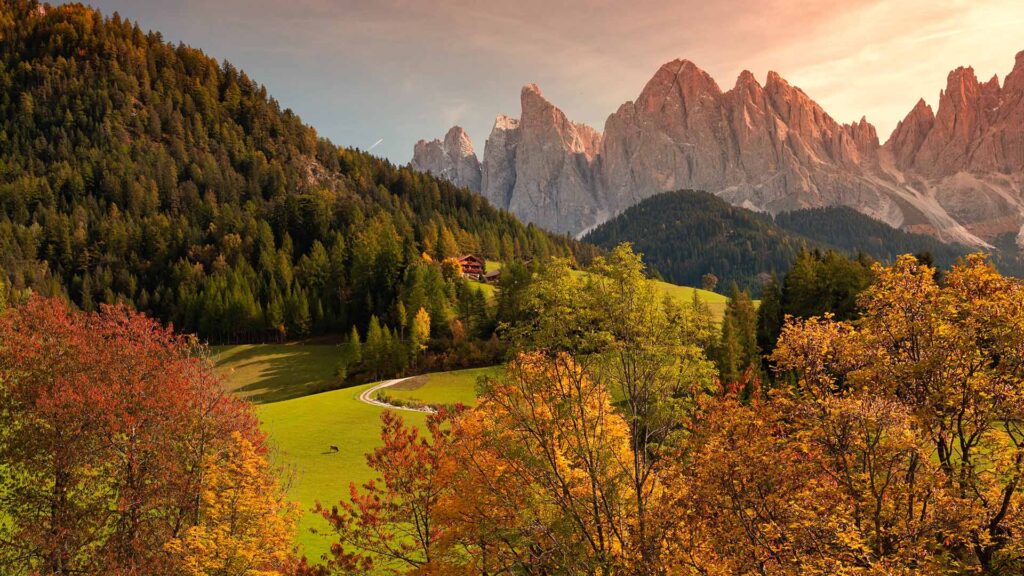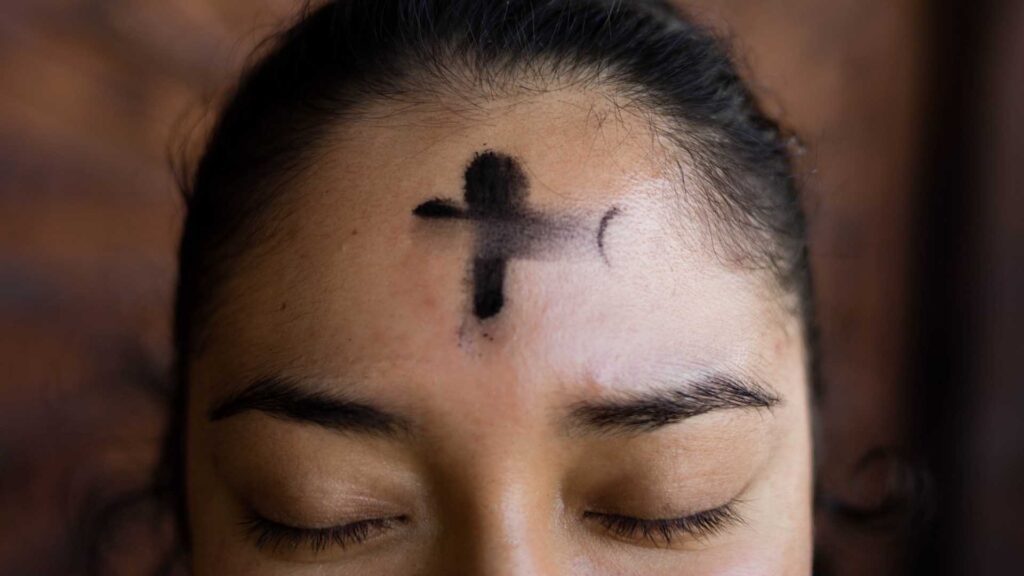
Worship Wars
The third angel in Revelation 14 warns against receiving the mark of the beast: “The the third angel followed them, saying with a loud voice, If any man worship the beast and his image, and receive his mark in his forehead, or in his hand, The same shall drink of the wine of the wrath of God” (Revelation 14:9-10). According to the Bible, the mark of the beast is a life-and-death issue, and it focuses on the question of true and false worship of God as Creator.
According to the Bible, the seven last plagues will fall only on those that receive the mark of the beast. “And the first [angel] went, and poured out his vial upon the earth; and there fell a noisome and grievous sore upon the men which had the mark of the beast, and upon them which worshipped his image” (Revelation 16:2). Like the final seven plagues that ravaged ancient Egypt but did not touch the Israelites, the seven last plagues will fall only on those that refuse to worship God as Creator and subsequently receive the mark of the beast.
The plagues on ancient Egypt were directed against the false gods of the Egyptians, and were designed to destroy their confidence in these false gods and turn their hearts toward the Creator God. Likewise, the seven last plagues—such as deadly diseases, water turning to blood, scorching sun, and mighty earthquakes—will be directed against the forces of nature and those who choose to worship the earth, rather than the Creator of the earth.





